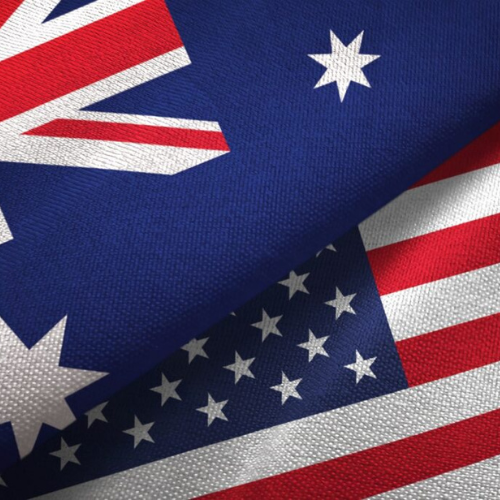Australia has long followed the United States when it comes to sanctions. This policy, which sees the country aligning its decisions with the US, has recently come under scrutiny, especially with the potential return of a more aggressive stance on sanctions. While aligning with powerful allies might seem like a safe bet, this approach is becoming increasingly risky for Australia.
The Rise of Sanctions in Global Politics
Sanctions are economic or political measures taken by one country or group of countries to punish or pressure another. These measures can include travel bans, freezing assets, or trade restrictions. Countries use sanctions for a variety of reasons, such as pressuring governments to change their behavior, enforcing international law, or responding to human rights violations.
In Australia, sanctions fall into two types: those that follow decisions made by the United Nations Security Council, and those that are imposed unilaterally. In recent years, the country has imposed both types. Australia has sanctioned nations like Myanmar, Russia, and Zimbabwe for violating human rights or international law. However, the approach has been criticized for often aligning too closely with the United States.
Australia’s History of Sanctions and Its Current Approach
Australia has sometimes led on sanctions. In the 1960s, the country imposed sanctions on Rhodesia (now Zimbabwe) for its white supremacist government, ahead of other nations. In the 1980s, the country took action against apartheid-era South Africa, even when its allies, including the US and the UK, were initially opposed. These actions demonstrated Australia’s willingness to act independently on moral grounds.
US Sanctions Strike Against Mexico Based Gulf Cartel’s Dangerous Exploits
However, since 2011, Australia has leaned heavily on aligning its sanctions with those of the US, the UK, and the European Union. For example, it has refrained from imposing sanctions on Israel’s leadership, despite international calls and legal rulings to do so. This tendency to follow the actions of key partners, especially the US, has raised concerns.
Australian Foreign Minister Penny Wong has defended this alignment by emphasizing that coordinated sanctions are more effective. But critics argue that this reliance on the US poses problems. The US is now the world’s biggest user of sanctions, and its list of sanctioned individuals and entities has grown rapidly in recent years. From 2001 to 2021, the US increased its sanctions by an astonishing 933%. This aggressive use of sanctions has strained international relations, particularly with countries in Asia, where many view US unilateral sanctions as unjust.
The Dangers of Following the US
Australia’s commitment to aligning with the US on sanctions is increasingly viewed as problematic. One major concern is that it risks drawing Australia deeper into the geopolitical rivalry between the US and China. The US uses sanctions not only against countries it opposes but also to limit the rise of China and other adversaries. By following the US, the country could become entangled in conflicts that do not align with its own national interests.
Fiji’s Naval Power Surges with New Patrol Boat
Furthermore, Australia’s approach could alienate many of its neighbors. Countries like China, India, and Indonesia have criticized the US’s use of unilateral sanctions, arguing that they violate international law and sovereign rights. The UN General Assembly has repeatedly condemned such actions, and many nations see them as an unfair use of power. Australia’s continued alignment with the US risks damaging relations with these countries.
In addition to these geopolitical concerns, Australia’s reliance on US sanctions could result in the country imposing sanctions without fully understanding their rationale or conducting independent investigations. This could lead to Australia supporting measures that are not aligned with its own values or international law.
This situation becomes even more concerning with the possible return to power of a US administration that has historically relied on sanctions as a tool of foreign policy. The US may increase sanctions against countries like China, Iran, and Venezuela, while exempting its allies from similar measures. This would likely increase pressure on Australia to align its sanctions with the US, even if those measures harm the country’s own diplomatic relations.
Australia’s current approach to sanctions has traditionally focused on alignment with key allies. However, as the US continues to expand its use of sanctions, this strategy is becoming increasingly risky. By simply following the US, Australia could find itself caught in global tensions that are not in its best interest.


